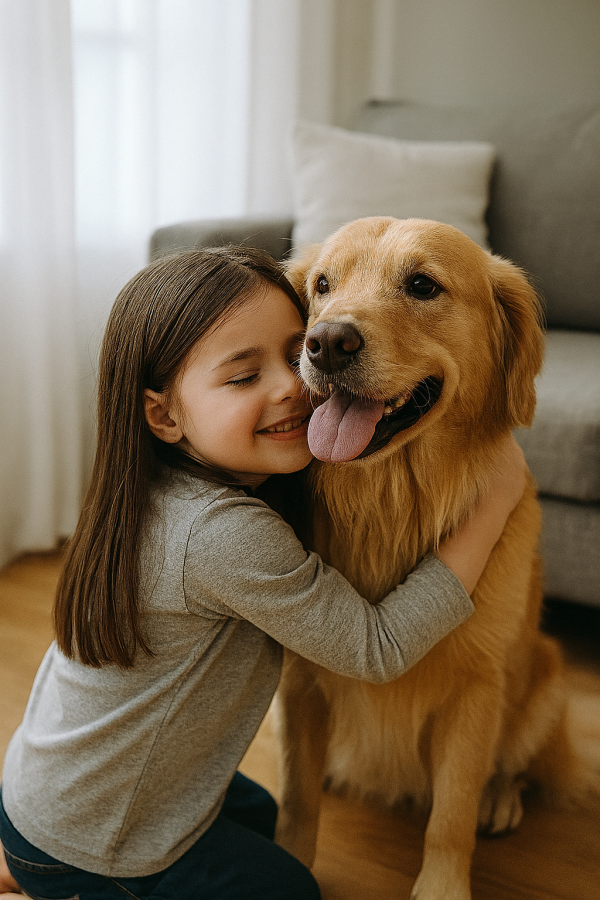Pets bring warmth, companionship, and a sense of purpose to our lives. Whether it’s the wag of a dog’s tail, the purr of a cat, or the quiet presence of a small animal, having a pet can be deeply rewarding. But it’s also a commitment — one that requires time, care, and thoughtful planning.
❤️ Why People Choose to Have Pets
- Emotional support – Pets offer comfort, reduce stress, and help combat loneliness.
- Routine and structure – Feeding, walking, and grooming create healthy daily habits.
- Social connection – Pets often lead to new friendships and community interactions.
- Unconditional companionship – Animals don’t judge — they simply show up, every day.
🧠 Things to Consider Before Getting a Pet
1. Time Commitment
Dogs need daily walks, training, and attention. Cats are more independent but still require play and care. Small pets need regular cleaning and interaction.
2. Space Requirements
Large dogs need room to roam. Cats benefit from vertical space. Small pets need secure, enriched enclosures.
3. Budgeting for Care
Food, grooming, toys, and vet visits add up. Emergency medical costs can be unpredictable. Consider pet insurance or a savings fund.
4. Lifestyle Fit
Frequent travelers may prefer low-maintenance pets. Families with young children should choose gentle animals. Allergies? Look into hypoallergenic breeds.
🧼 Daily Pet Care Essentials
| Task | Frequency | Notes |
|---|---|---|
| Feeding | 1–2x daily | Match portions to age, size, and activity |
| Fresh water | Daily | Clean bowl and refill |
| Exercise/play | Daily | Mental stimulation is just as important |
| Grooming | Weekly+ | Depends on breed and coat type |
| Cleaning habitat | Weekly | For cages, tanks, litter boxes |
| Vet checkups | Annually | More often for seniors or chronic issues |
🐶 Building a Strong Bond With Your Pet
- Stick to routines — pets thrive on predictability.
- Reward good behavior with treats or praise.
- Learn your pet’s signals and give them space when needed.
- Rotate toys, explore new environments, and teach tricks or commands.
🌿 Health & Safety Tips
- Keep toxic plants, foods, and chemicals out of reach.
- Microchip and ID tag your pet in case they get lost.
- Use flea, tick, and heartworm prevention as recommended.
- Watch for signs of illness: changes in appetite, behavior, or energy.
🧳 Traveling or Moving With Pets
- Use secure carriers or harnesses.
- Pack familiar items to reduce stress.
- Research pet-friendly accommodations and transport rules.
- Update microchip and tag info with your new address.
✅ Quick FAQ
What’s the easiest pet for beginners?
Small mammals like guinea pigs or fish are low-maintenance, but every pet needs care and attention.
How do I know if I’m ready for a pet?
Ask yourself: Do I have time, budget, and emotional bandwidth to care for another living being every day?
Can pets improve mental health?
Yes — studies show pets can reduce anxiety, depression, and feelings of isolation.
Final Thoughts
Having a pet is a beautiful blend of joy and responsibility. It’s not just about what they give you — it’s about what you give back. With the right mindset and preparation, pet ownership can enrich your life in ways you never expected.
Whether you’re adopting your first animal or deepening your bond with a longtime companion, remember: every moment of care is a moment of connection.

